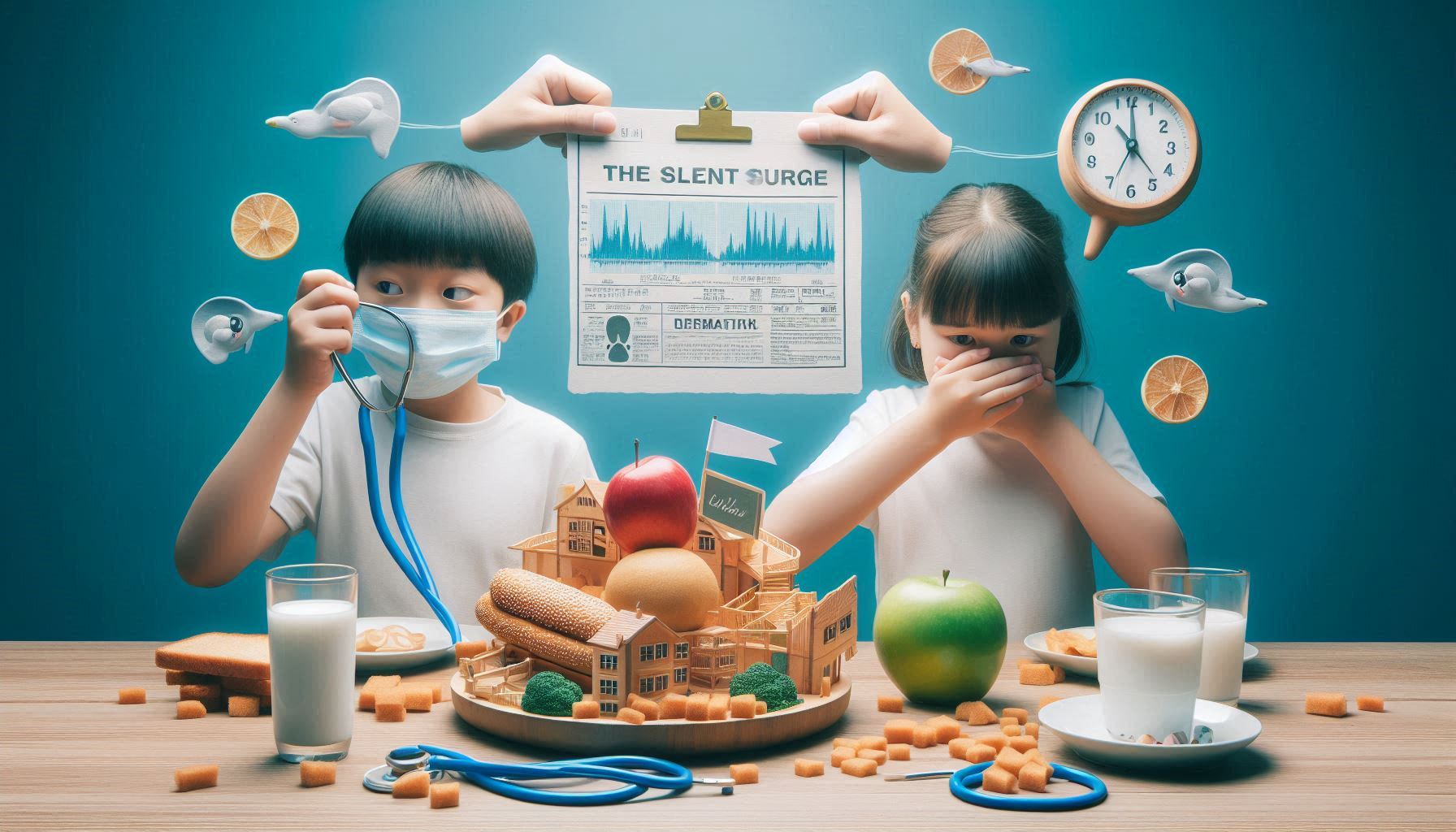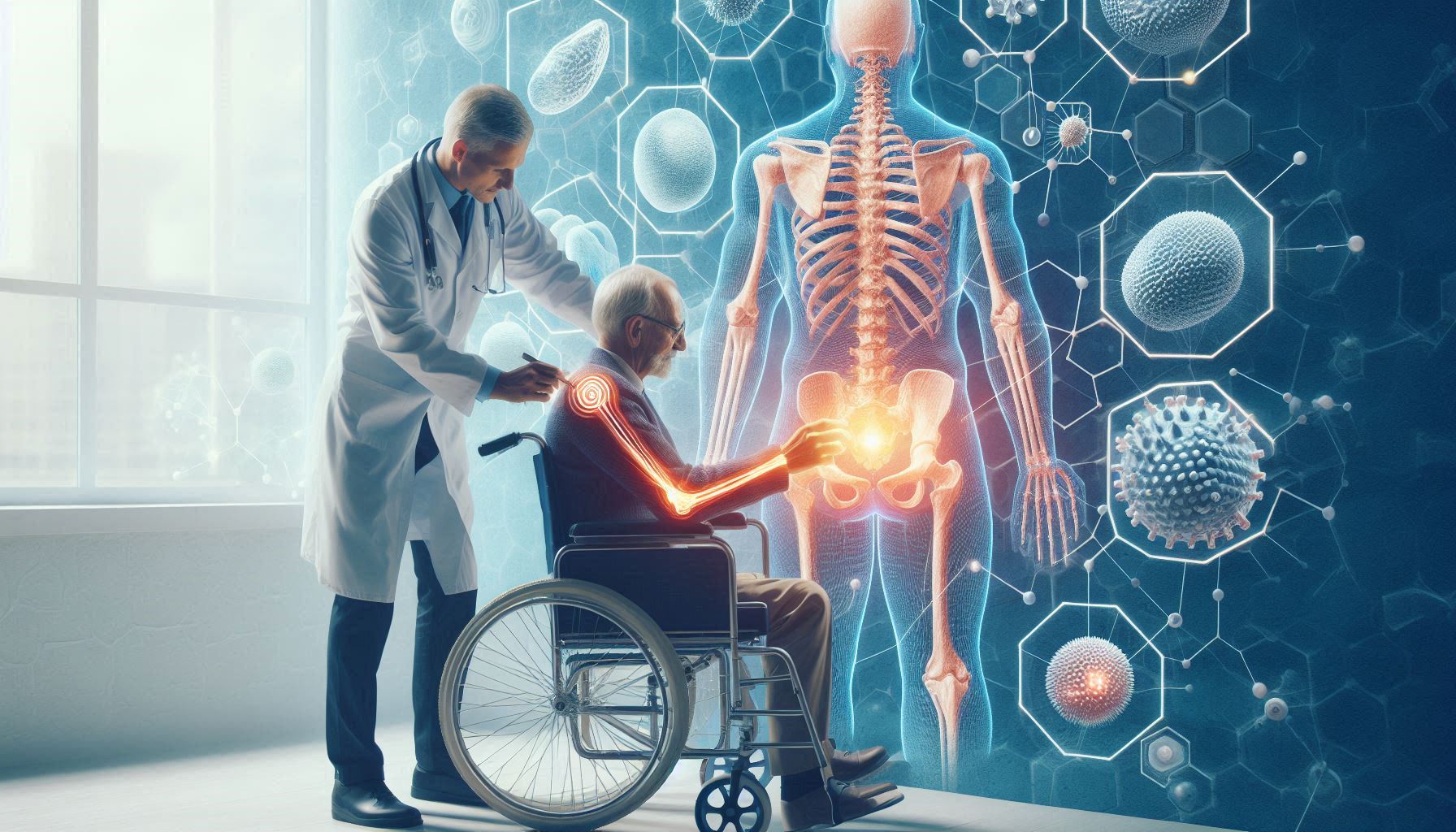Hydration is often overlooked, yet it plays a crucial role in maintaining overall health, especially for elderly. As we age, our bodies undergo various changes that can affect our hydration levels. Understanding the importance of staying hydrated and recognizing the signs of dehydration can significantly enhance the quality of life for older adults. In this article, we will explore the importance of hydration, the effects of dehydration, and practical tips for ensuring adequate fluid intake.
1. The Role of Hydration in the Body
Water is essential for nearly every function in the body. It helps regulate body temperature, transport nutrients, and remove waste. Additionally, hydration supports cognitive function, joint lubrication, and skin health. For elders, maintaining proper hydration is vital for several reasons:
– Cognitive Function: Dehydration can lead to confusion, memory problems, and decreased alertness. Staying hydrated helps maintain cognitive clarity and mental sharpness.
– Physical Performance: Adequate hydration is essential for physical activity. It helps maintain energy levels, reduces fatigue, and supports muscle function.
– Digestive Health: Water aids in digestion and helps prevent constipation, a common issue among seniors. Proper hydration ensures that the digestive system functions smoothly.
– Kidney Function: The kidneys play a crucial role in filtering waste from the blood. Staying hydrated helps the kidneys function optimally and reduces the risk of kidney stones and urinary tract infections.
2. Why Seniors Are at Greater Risk of Dehydration
Several factors contribute to the increased risk of dehydration in older adults:
– Decreased Thirst Sensation: As people age, their sense of thirst diminishes. Seniors may not feel thirsty even when their bodies need fluids, leading to inadequate intake.
– Changes in Body Composition: Aging is associated with a decrease in total body water. This means that older adults have less water in their bodies compared to younger individuals, making them more susceptible to dehydration.
– Chronic Health Conditions: Many seniors have chronic conditions, such as diabetes or heart disease, that can affect fluid balance. Certain medications, like diuretics, can also increase fluid loss.
– Mobility Issues: Seniors with limited mobility may find it challenging to access fluids regularly, leading to decreased hydration.
3. Recognizing the Signs of Dehydration
Awareness of the signs of dehydration is crucial for seniors and their caregivers. Common symptoms include:
– Dry Mouth and Thirst: A dry mouth and persistent thirst are often the first signs of dehydration.
– Dark Yellow Urine: Urine color can indicate hydration levels. Dark yellow or amber urine suggests dehydration, while light yellow indicates adequate hydration.
– Fatigue and Weakness: Dehydration can lead to feelings of fatigue, weakness, and lethargy, making daily activities more challenging.
– Dizziness and Confusion: Severe dehydration can cause dizziness, confusion, and even fainting, which can be particularly dangerous for seniors.
– Dry Skin: Skin may lose its elasticity and appear dry when the body is dehydrated.
If any of these symptoms are present, it’s essential to take action to rehydrate.
4. The Consequences of Dehydration
Dehydration can have serious consequences for seniors, impacting both physical and mental health:
– Cognitive Decline: Chronic dehydration can lead to cognitive impairment and increase the risk of dementia. Staying hydrated supports brain function and mental clarity.
– Increased Risk of Falls: Dehydration can cause dizziness and weakness, increasing the likelihood of falls and injuries.
– Kidney Damage: Prolonged dehydration can lead to kidney damage and increase the risk of urinary tract infections, which can be particularly dangerous for seniors.
– Constipation: Insufficient fluid intake can lead to constipation, causing discomfort and digestive issues.
– Heat-Related Illnesses: Seniors are more susceptible to heat-related illnesses, such as heat exhaustion and heat stroke, especially during hot weather. Proper hydration helps regulate body temperature and prevents overheating.
5. Tips for Staying Hydrated
Ensuring adequate hydration is essential for elders. Here are some practical tips to promote hydration:
– Set Reminders: Use alarms or smartphone apps to remind seniors to drink water regularly throughout the day.
– Flavor Water: If plain water is unappealing, consider adding natural flavors, such as lemon, cucumber, or mint, to make it more enjoyable.
– Incorporate Hydrating Foods: Many fruits and vegetables have high water content. Encourage the consumption of hydrating foods like watermelon, cucumbers, oranges, and strawberries.
– Keep Water Accessible: Place water bottles or glasses in easily accessible locations to encourage regular sipping.
– Drink Before Meals: Encourage elders to drink a glass!









Leave a Reply